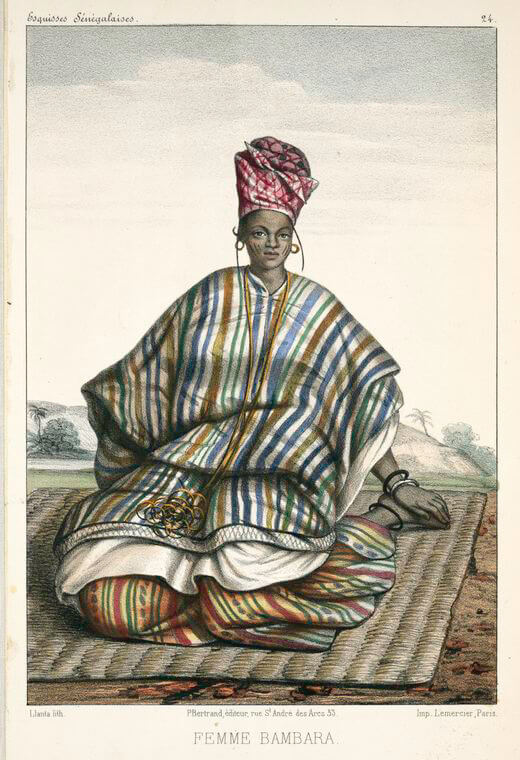Bambara is part of the Manding language continuum that flourished under the medieval Mali Empire (13th-17th centuries), one of the wealthiest and most powerful states in African history. The legendary Sundiata Keita, founder of the Mali Empire, spoke a Manding language, and the epic of Sundiata remains central to Bambara oral tradition.
Following the decline of the Mali Empire, the Bambara people established powerful kingdoms at Segou and Kaarta in the 17th and 18th centuries. These kingdoms maintained sophisticated military and administrative structures and played crucial roles in regional trade networks before French colonization.
Like other Manding peoples, Bambara culture is rich in oral tradition maintained by jeliw (griots) - hereditary bards who preserve history, genealogy, and cultural knowledge through music and storytelling. The kora, balafon, and ngoni are traditional instruments that accompany these narratives.
Since Mali's independence, Bambara has grown from a regional language to a national lingua franca. It's increasingly used in education, radio, television, and literature. The language has also adapted to modern contexts, incorporating new vocabulary while maintaining its cultural foundations.
